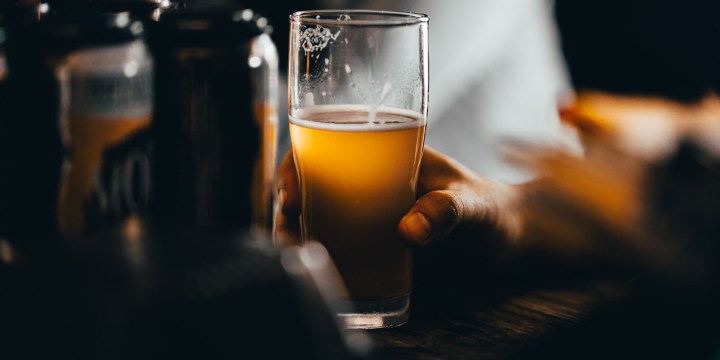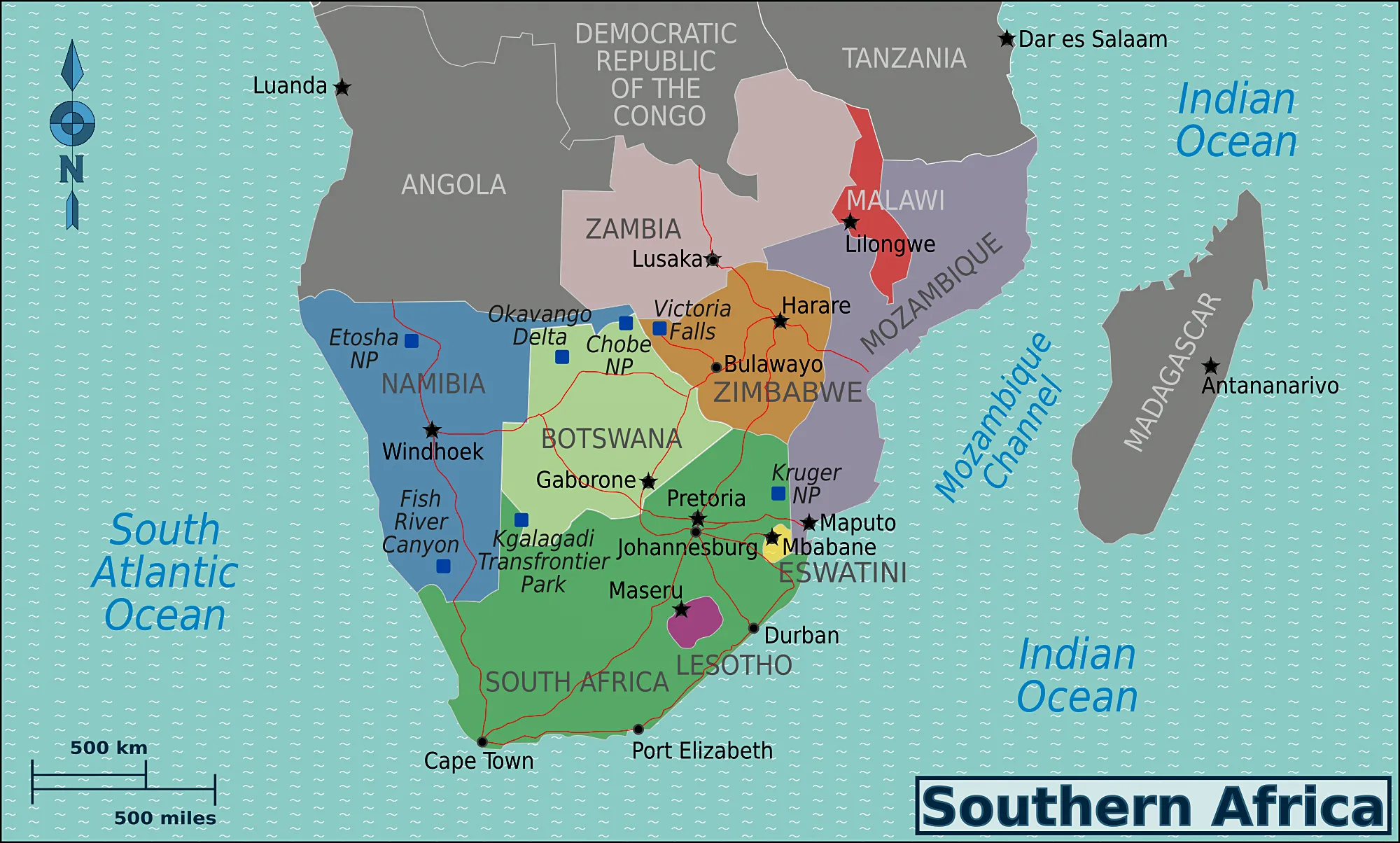CONTROLLING STAKE APPROVED
Heineken finally gets the green light from tribunal to buy Distell, making progress as a prime Africa beverage hub

The Competition Tribunal has given the go-ahead for Heineken to buy a controlling stake in Distell and Namibia Breweries – subject to an extensive list of conditions.
The decision marks the end of a torturous process that kicked off in 2021, when the Dutch brewer announced its intention to purchase the South African wine and spirits producer, which traces its origins back to 1925, when it was set up as the Stellenbosch Farmers Winery Group.
The transaction is expected to be implemented in April 2023.
The acquisition paves the way for the establishment of a regional beverage champion, which puts it in competition with South African Breweries (SAB), a division of Anheuser-Busch InBev.
Heineken’s rival SAB had objected to the takeover of Distell, because it wanted Distell to sell both its cider brands Savanna and Hunters as part of the transaction. Instead, Heineken offered to offload Strongbow – an international brand launched in South Africa in 2016 – to address competition concerns.
Strongbow, first produced in the UK in the 1960s, is the world’s best-selling cider brand.
The decision marks the final regulatory approval, after garnering approvals from the Namibia Competition Commission, the Common Market of Eastern and Southern Africa, and all other relevant jurisdictions.
Regional African beverage giant plans
It also paves the way for the creation of a regional African beverage giant.
In November 2021, Heineken announced its intention to acquire control of Distell and Namibia Breweries, which were to be combined into a new Heineken majority-owned business (Newco).
A year later, on 13 September 2022, the Competition Commission recommended that the Tribunal approve Heineken’s purchase of the stake in Namibian Breweries and Distell Group’s flavoured alcoholic beverages (FABs), wine, and spirits operations through Newco.
The proposed transaction translates into an internal restructuring of Distell to create Newco and CapeVin.
The recommended deal means Distell’s FABs, and spirits and wine portfolio, including the popular Savanna and Hunter’s ranges of cider, would be incorporated under Newco, while Distell’s whisky and gin operations would fall under Capevin Holdings Proprietary Limited (CapeVin), a subsidiary of Distell held by current shareholders of Distell and Heineken.
Distell brands include Amarula, 4th Street, Nederburg and Klipdrift brandy. Out-of-scope assets Black Bottle, Bunnahabhain, Burn McKenzie, Deanston, Gordons Gin, Scottish Leader and Tobermory Gin will fall under CapeVin, which is majority owned by Distell’s majority shareholder Remgro.

Heineken’s deal paves the way for the creation of a regional African beverage giant
(Photo: commons.wikipedia.org)
Foothold on the continent
The Dutch multinational currently operates in 23 countries in Africa, so this acquisition gives it a significant foothold on the continent, and greater access to East African markets.
In South Africa, Heineken already owns and operates a network of 13 distribution depots and undertakes its own primary and secondary distribution to supply its products.
The group’s Sedibeng brewery in Johannesburg is its largest outside Europe. It produces Heineken, Amstel, Windhoek and Strongbow cider. It also produces local craft beer brands including Jack Black and Stellenbrau, as well as Fox, a cider brand introduced in 2020.
Heineken is a significant manufacturer of cider in South Africa and competes with Distell in this segment.
______________________________
Visit Daily Maverick’s home page for more news, analysis and investigations
______________________________
In a statement, Heineken said the approval gives the green light to an “ambitious package of public interest commitments, including ongoing business investment, broad-based black economic empowerment, job creation, localisation and supplier development, talent development and contribution to the economic development of the region”.
Heineken’s total investment in Newco will be approximately €2.4-billion (R46.76-billion), in return for a 65% shareholding.
Heineken CEO Dolf van den Brink told Reuters in 2021 that the deal would improve logistics and increase points of sale, often shared for beer, wine and spirits in SA, and would do the same in Namibia. It also offered growth in other African markets, such as Kenya and Tanzania.
“It should not be seen that we now start to buy spirits and wine companies all over the world,” Van den Brink said.
Terms and conditions
The deal is subject to a number of public interest commitments in South Africa. These include:
- An investment of more than R10-billion over a period of five years to maintain and grow the aggregate productive capacity of its operations and related facilities in South Africa;
- To implement an employee share ownership scheme that will transfer more than R3-billion of equity to workers of the merged entity’s SA operations;
- Establish a R400-million supplier development fund to invest in SMEs and historically disadvantaged person-controlled suppliers;
- Contribute R200-million to promote localisation and growth initiatives within SA;
- Invest R175-million in a tavern transformation programme;
- Establish an innovation, research and development hub in SA within five years;
- The establishment of an employee share ownership structure;
- New greenfield brewery – a R3.8-billion investment in a new greenfield brewery in South Africa within five years;
- New greenfield maltery – a R1.7-billion investment in a greenfield maltery;
- It will further maximise the procurement of services and input materials from small- and medium-sized businesses and historically disadvantaged people in South Africa; and
- That the merger parties cannot retrench any employees other than the maximum number of 166 (combined employees of Heineken SA and Distell). The number of retrenchments envisaged initially by the merger parties was 230 but was reduced to 166, following evidence heard by the Tribunal, including from unions.
In a statement, Heineken’s CEO and chairman Dolf van den Brink said: “We are delighted the Competition Tribunal has approved the deal. We are very excited to bring together three strong businesses to create a regional beverage champion, with a unique multi-category offer to better serve consumers, customers and create shared societal value across Southern Africa.
“We are committed to being a strong partner for growth and making a positive impact in the communities in which we operate, and the proactive and comprehensive public interest package we’ve put forward is testament to that.” DM/BM














 Become an Insider
Become an Insider
Comments - Please login in order to comment.